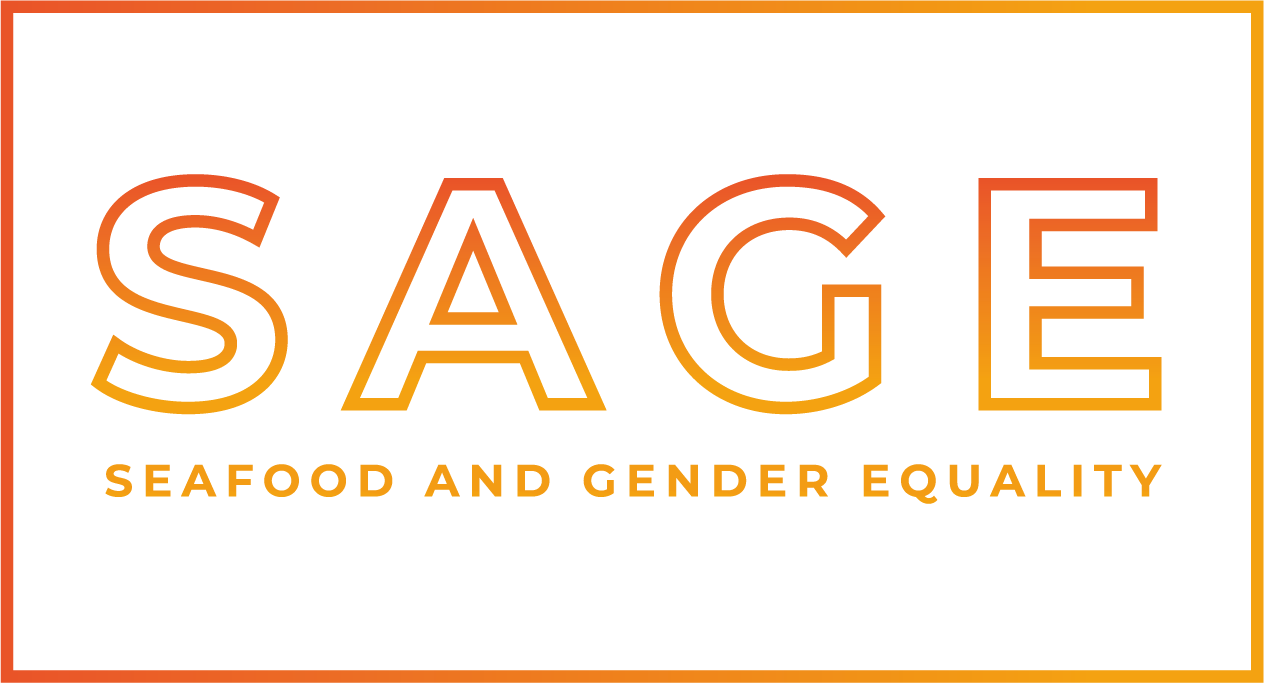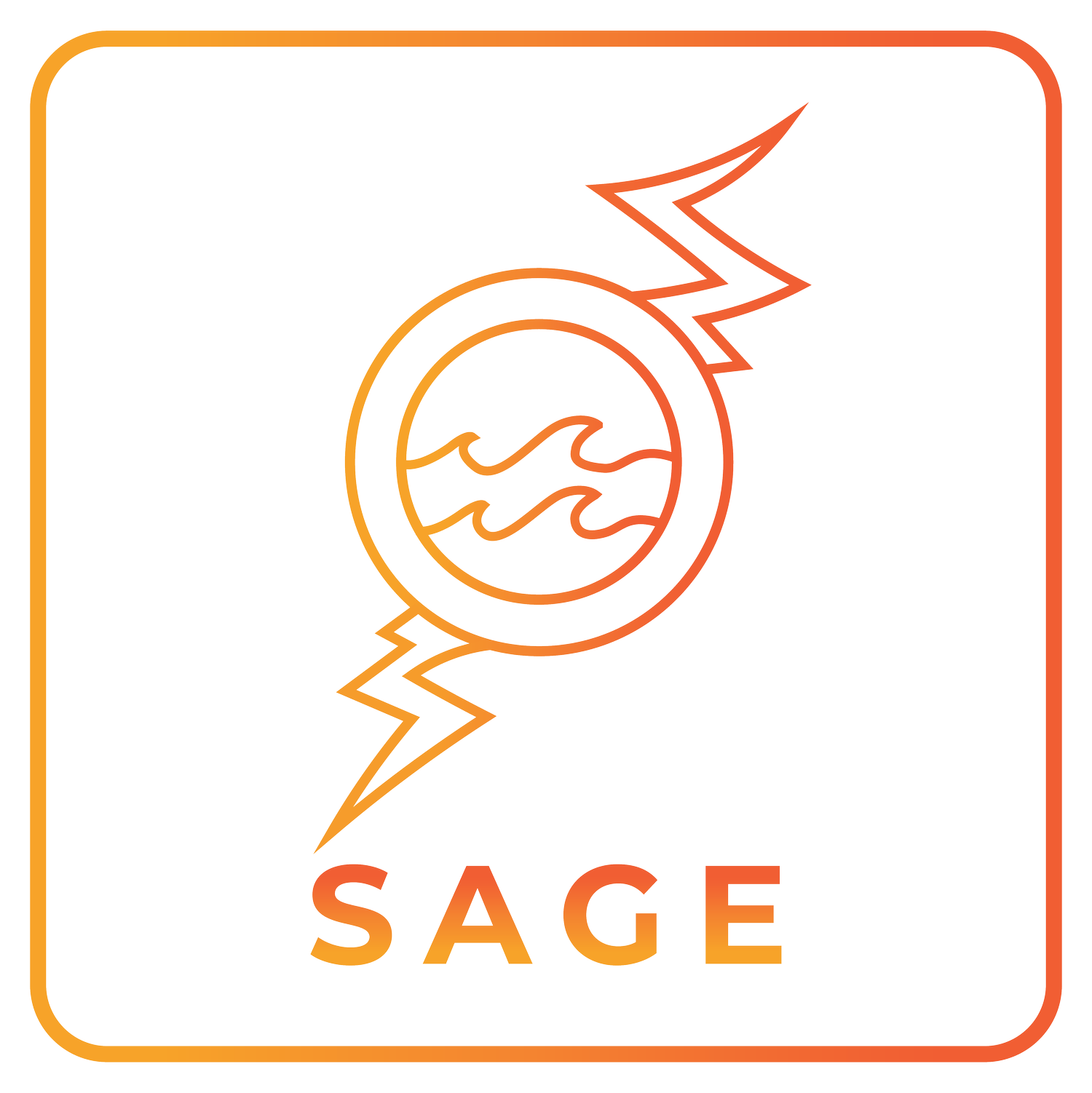Seafood Nonprofits Call for Reproductive Justice
While shock waves continue to reverberate across the U.S. and abroad due to the leak of the draft opinion from the U.S. Supreme Court to overturn Roe v. Wade, Seafood and Gender Equality (SAGE) and Women in Seafood Industry (WSI) – two nonprofits defending gender equality in the seafood sector – join the fight against the regression of over 50 years of women abortion’s rights, fundamental human rights, and critical components of comprehensive reproductive healthcare.
By Julie Kuchepatov, founder of Seafood and Gender Equality (SAGE) and Camille Cherques, director of Women in the Seafood Industry (WSI)
Some Women Turn to the Ocean for Control Over Their Bodies
Maintaining abortion rights is critically important for all people, including those involved in the seafood sector. The correlation between fisherwomen and abortion has been studied in Uganda, where abortion is illegal, except in limited cases. Lake Victoria’s fisherwomen and fish traders are often forced to engage in high-risk sexual activity such as “sex for fish.” This leads to unintended pregnancies that often end in unsafe abortions – a leading cause of high mortality of fisherwomen in Uganda. To reduce the number of unsafe abortions, the study recommends continuous communication, education, and optimization of family planning.
For those who cannot access abortions because it is illegal in their country, some will journey across boundaries of Exclusive Economic Zones by medical vessel to the high seas, where there is no international jurisdiction on the matter. This legal gap allows women to receive safe medical abortions, fully exercise their fundamental human rights, and regain control over their bodies. Founded in 1999 by Dr. Rebecca Gomperts, the nonprofit Women on Waves implements this safe medical program. For over two decades, Dr. Gomperts has used the lack of legislation of abortion on the high seas as a tool to prevent unsafe abortions.
Even with the support of organizations like Women on Waves, the decision to overturn Roe v. Wade will put women’s lives at risk, potentially pushing many to travel thousands of miles to access legal abortions.
Reproductive Justice in Coastal Communities Leads to Better Marine Conservation and Gender Inclusivity
The ability to control one’s reproductive destiny is intertwined with community health and wellbeing and the key to achieving “reproductive justice.” Coined by a group of Black women led by Loretta Ross in 1994, reproductive justice refers to the human right to maintain personal bodily autonomy, have children or not, and parent the children we have in safe and sustainable communities. Research finds that voluntary family planning empowers women to make their own reproductive choices, potentially leading to better environmental stewardship. Access to reproductive health care, education, and family planning could also contribute to the improvement of the environmental state of aquatic ecosystems, and some marine conservation organizations are integrating reproductive health care initiatives into their conservation planning.
For example, Blue Ventures, a marine conservation organization, launched a family planning program in 2007 to address a lack of reproductive health education and care in Madagascar. The program trains community members to dispense contraceptive methods and deliver basic sexual health messages through a community-based distribution program. This program is “helping deprived communities create their own path out of poverty and towards sustainability, by offering couples control over their own fertility and equipping them with the skills to manage their coastal resources in a sustainable way.” A similar program led by Pathfinder International in the Lake Victoria Basin in Kenya with a consortium of local communities and partners provides information about the connection between family planning and conservation to fishing families, who depend on the lake’s resources for food security and livelihood.
Environmental sustainability is inextricably linked with gender equality, especially in fisheries and fish farms. Just as communities should have full authority over decisions that affect their fisheries, women should have full autonomy over their bodies, the power to decide if and when to become a parent, and access to information and tools that support their reproductive choices.
Women in the Seafood Sector are Invisible, yet Invaluable
In a professional sector where working conditions are designed for men, women’s health and reproductive rights are often not guaranteed. They can even be an obstacle to ambition, power positions, and breaking the glass ceiling. Becoming pregnant means experiencing gender-based stereotypes and prejudiced unemployability. However, “reproductive health care access is inextricably linked to labor market opportunity for women, and bodily autonomy and economic empowerment are mutually reinforcing,” states the Center for American Progress.
In the seafood industry - from production to processing and trading – women are the invisible backbone. They support not only every link of the supply chain by working in lower-paid positions, but they also support men with free domestic work. “Women’s roles in supporting fisheries are often considered extensions of domestic work and are devalued compared to direct harvest participation […] these ‘invisible’ roles can lead to women being overlooked in policy considerations in social services such as unemployment benefits which focus on the harvesters,” according to researcher Marysia Szymkowiak. Their invaluable participation is overlooked in social benefits and access to abortion is under threat as well.
The overturning of Roe v. Wade will have implications for state-wide access to reproductive health care for women. According to the Guttmacher Institute, Louisiana and Mississippi, two of the top five states in terms of seafood landings in 2019, will ban abortions once Roe v. Wade is gone. The Covid-19 global pandemic forced millions of women to choose between their careers and caring for children and elders, and as of 2022, there are nearly two million fewer women in the U.S. labor force. Attempts to alter or deny a woman’s ability to access reproductive care will have ripple effects in an industry still reeling from pandemic-related labor shortages.
We Will Never Abort Our Mission to Defend Women’s Rights
Ensuring people have access to comprehensive reproductive health care is the right thing to do and starts with putting action behind a commitment. Scottish Sea Farms recently announced the company won the Economic Sustainability Award at the 2022 U.K. Aquaculture Awards after setting a goal to become the employer of choice within the sector and their communities. To reach this goal, the company enhanced its maternity and paternity packages, another key component of reproductive health care, for all employees with one or more years of service. These policies are great examples of what a company can do to support the reproductive health care of their staff, regardless of gender, and a clarion call to others in the seafood sector to do the right thing for women, families, and communities.
To build a thriving seafood sector and resilient communities, human rights must be respected and enshrined in policies, be they governmental or corporate. We urge the seafood industry to act today towards building gender equality and supporting women in the sector within their own organizations and corporations but also with political representatives and decision-makers. Recognizing the critical importance of women in the sector by promoting abortion rights means being leaders in social benefits, access to health, freedom of choice, and gender equity. Here are some more actions that the industry, as well as individuals, can take to ensure access to reproductive healthcare:
· Implement gender equality policies and advocate for women's rights within your organization and community.
· Support initiatives building gender equality in fisheries and seafood, like Seafood and Gender Equality and Women in the Seafood Industry.
· Vote for policies and leaders that will protect and expand the rights of women.
· Donate to organizations that work to maintain access to reproductive health care in the U.S., such as the Afiya Center, Texas Equal Access Fund, and Gender Justice.
Women in Seafood Industry (WSI) is an international not-for-profit dedicated to raising gender awareness in the global seafood industry and influencing decision makers. WSI was founded in 2016 by seafood and gender experts as a feminist organization fighting against gender-based discriminations and inequity and promoting more inclusive policies and gender sensitive practices and tools in the seafood sector. Their main activities include communication, research, content creation and advocacy and much of their work is conducted in partnership with other organizations. WSI is supported by the FAO, the French Development agency, certification schemes and companies.



